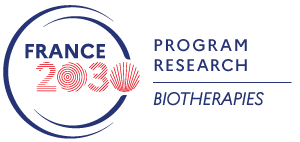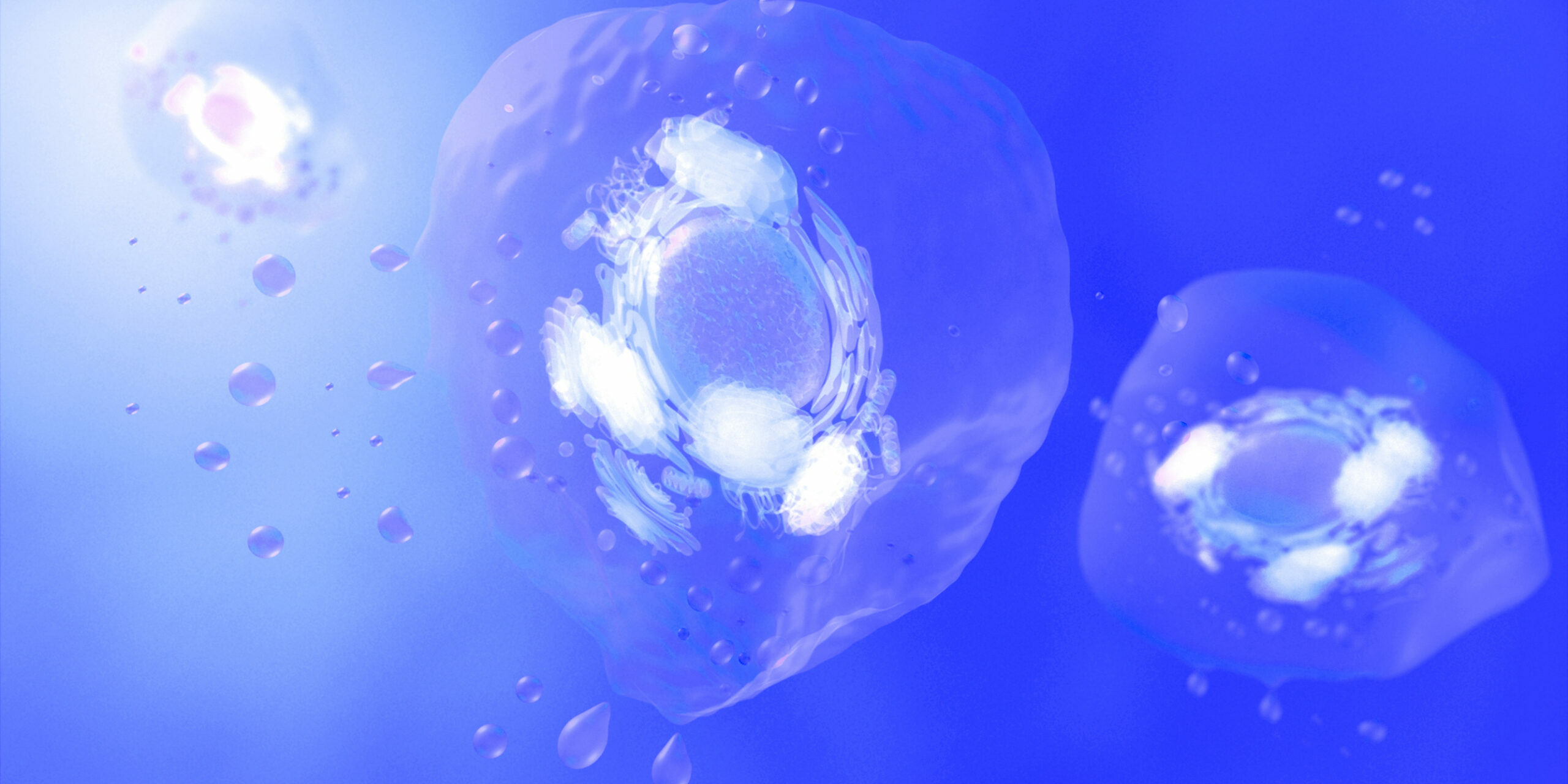From engineering of iPS-derived mesenchymal stromal cell-derived extracellular vesicles to clinical translation
Danièle NOËL – UMR 1183
Inserm
Institute for Regenerative Medicine and Biotherapy (IRMB)
Extracellular vesicles
iPSC-derived mesenchymal stromal cells
GMP production
Biological drug
Osteo-articular diseases
- Budget : 3,69 M€
- Duration : 4 years (2023 – 2027)
Extracellular vesicles (EVs) isolated from mesenchymal stromal cells (MSCs) are being extensively studied as cell-free biomedicines because they reproduce the main therapeutic effects of the parental cells without the risk of proliferation or differentiation after administration. The therapeutic interest of EVs has been demonstrated in numerous pre-clinical models and various therapeutic applications, including inflammatory, acute or degenerative diseases. This is particularly true for osteoarthritis, a degenerative joint disease for which there is no treatment, and which affects a growing number of patients, generating a significant cost for our public health systems. Although EVs are promising therapeutic agents, one of the limitations of their use is related to the lack of reproducibility from one batch to another. This heterogeneity may be due to the donor origin, the cell expansion process and the isolation and characterization techniques of the batches produced. Another limitation to their clinical use is related to the quantity of EVs that needs to be produced according to manufacturing processes compatible with large-scale, clinical grade production.
The STROMAEV project aims to address these production bottlenecks while generating EVs with high therapeutic efficacy to allow the transfer of a large-scale production process to industry and compatible with the clinic. We propose to produce EVs from MSCs derived from universal induced pluripotent stem cells (iPSCs) (not recognized by the recipient’s immune system) which could allow unlimited access to cells with a more stable phenotype and function. In the STROMAEV project, MSCs generated from iPSCs will be activated by physical, chemical or molecular methods for the production of “enhanced” iMSC-EVs that will be functionally evaluated in in vitro and in vivo models of induced osteoarthritis. A large-scale and clinical-grade production process will be established and quality control attributes (QCA) will be defined for the standardization of an industrial process.
By establishing this process, STROMAEV will accelerate the transfer of bioproduction of therapeutic EVs to the clinic by focusing on a clinical trial in osteoarthritis, as a proof of concept in humans.
| Coordinating partner : Danièle NOËL – UMR 1183 Inserm Institute for Regenerative Medicine and Biotherapy (IRMB) |
|||||||
| Florence GAZEAU – UMR 7057 CNRS – Paris Cité University Complex Materials and Systems Laboratory (MSC) |
|||||||
| Vincent AGACHE – LETI CEA – LETI Micro-Technologies for Biology and Health Department (DTBS) |
|||||||
| Sébastien BANZET – UMR-MD 1197 Inserm – Ministry of Defence – Université Paris Saclay University Armed Forces Biomedical Research Institute (IRBA) |


